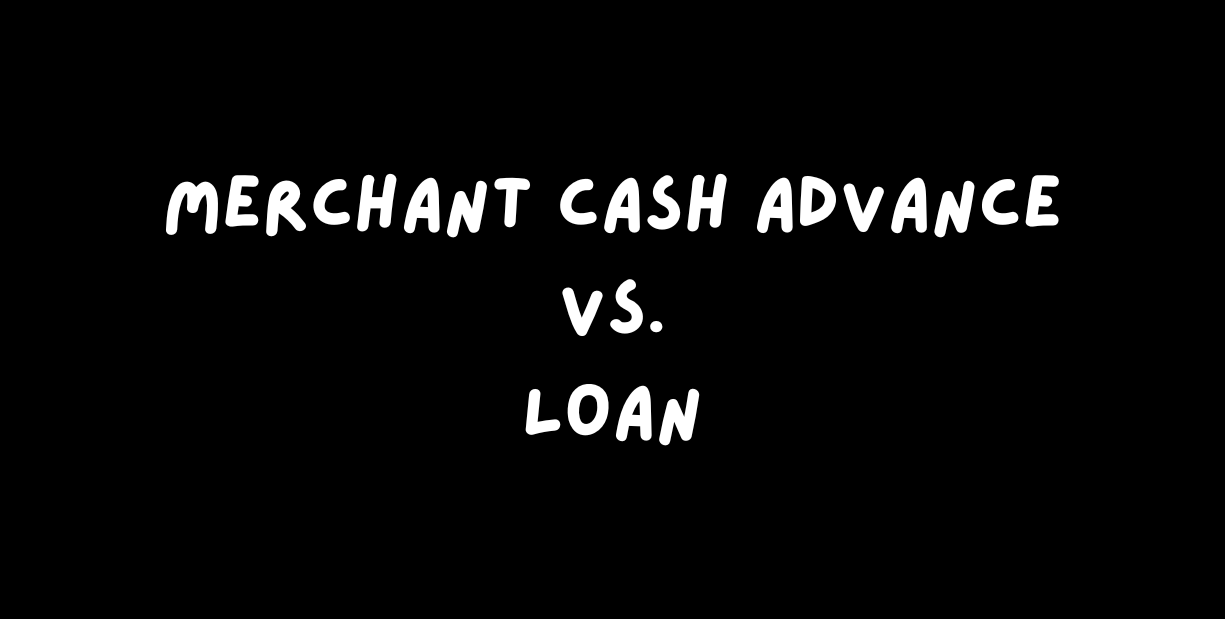How Short Sale Works: A Complete Guide for Homeowners
How Short Sale Works

At J. Singer Law Group, we help homeowners navigate the short sale process, ensuring they understand their rights and obligations. This guide will explain how a short sale works, its benefits, and what to expect at each step.
What Is a Short Sale?
A short sale occurs when a homeowner sells their property for less than what they owe on the mortgage, with lender approval. Unlike foreclosure, which can severely impact your credit, a short sale provides a more controlled way to exit a mortgage.
- Avoids foreclosure and legal action
- Minimizes long-term credit damage
- Allows homeowners to move forward without owing the full balance
However, not all lenders approve short sales, and the process requires careful negotiation.
How Does a Short Sale Work?
Step 1: Determine if You Qualify for a Short Sale
To qualify, homeowners must:- Have a hardship (e.g., job loss, medical expenses, divorce)
- Owe more than the home’s current market value
- Be unable to continue mortgage payments
- Not qualify for loan modification or refinancing
A lender will typically require proof of hardship before approving a short sale.
Step 2: Hire a Short Sale Attorney or Real Estate Agent
A real estate attorney or short sale specialist can help:- Negotiate with lenders to approve the sale
- Ensure proper documentation is submitted
- Protect homeowners from legal risks
Having legal representation increases the chances of a successful short sale.
Step 3: List the Home for Sale & Find a Buyer
The property is listed at fair market value, and once an offer is received, the lender must approve it before proceeding.Step 4: Submit a Short Sale Package to the Lender
A short sale package typically includes:- A hardship letter explaining financial distress
- Recent bank statements and tax returns
- A purchase offer from a buyer
- A comparative market analysis (CMA) showing the home’s current value
The lender reviews the offer and decides whether to approve or reject the short sale.
Step 5: Receive Lender Approval & Close the Sale
Once approved, the closing process is similar to a traditional home sale. The lender accepts the reduced amount, and the property transfers to the new buyer.Pros and Cons of a Short Sale
Benefits of a Short Sale
✔ Avoids Foreclosure – Less damage to your credit compared to foreclosure ✔ Potential Debt Forgiveness – Some lenders waive the remaining balance ✔ Faster Financial Recovery – You may qualify for a new mortgage sooner than after foreclosure ✔ More Control Over the Process – Unlike foreclosure, a short sale allows you to be involved in negotiationsDownsides of a Short Sale
�55357;�57001; Lender Approval Required – The lender has the final say, and approval can take weeks or months �55357;�57001; May Owe Deficiency Balance – Some lenders require homeowners to pay the remaining balance �55357;�57001; Credit Score Impact – Short sales lower credit scores but are less damaging than foreclosure �55357;�57001; Tax Consequences – Forgiven debt may be considered taxable income (consult a tax professional)�55357;�56524; Tip: Homeowners should negotiate a deficiency waiver to avoid owing the remaining balance after the sale.
How Long Does a Short Sale Take?
Short sales typically take 3–6 months from listing to closing, depending on:- The lender’s review process
- The buyer’s financing approval
- The complexity of negotiations
Some lenders move faster, while others take longer to approve offers. Working with an experienced short sale attorney can help expedite the process.
Short Sale vs. Foreclosure: Which Is Better?
Can You Buy a House After a Short Sale?
Yes! Homeowners can qualify for a mortgage sooner after a short sale compared to foreclosure.- Rebuild your credit by paying bills on time
- Save for a down payment (a larger down payment improves approval chances)
- Work with a real estate attorney to ensure no outstanding deficiencies
Do You Owe Money After a Short Sale?
It depends. Some lenders forgive the remaining balance, while others may require the homeowner to:
- Sign a promissory note to pay a portion of the debt
- Settle the balance for a reduced lump sum
Always negotiate a deficiency waiver to avoid future legal and financial issues!
How J. Singer Law Group Can Help
At J. Singer Law Group, we:
- Negotiate with lenders to secure the best short sale terms
- Ensure all legal paperwork is handled correctly
- Help homeowners avoid post-sale debt and legal issues
�55357;�56542; Need help with a short sale? Contact us today for a free consultation!
A short sale can be a lifeline for homeowners struggling with mortgage debt, offering a way to avoid foreclosure and move forward financially. While the process requires lender approval and legal guidance, it is often the best solution for homeowners who owe more than their home is worth.
If you're considering a short sale, J. Singer Law Group can guide you through every step, ensuring the process is handled efficiently and legally.











